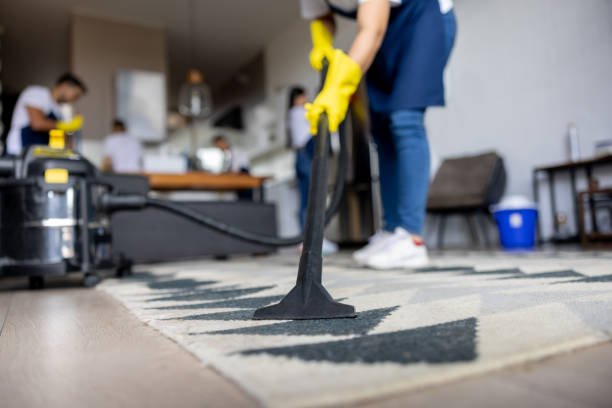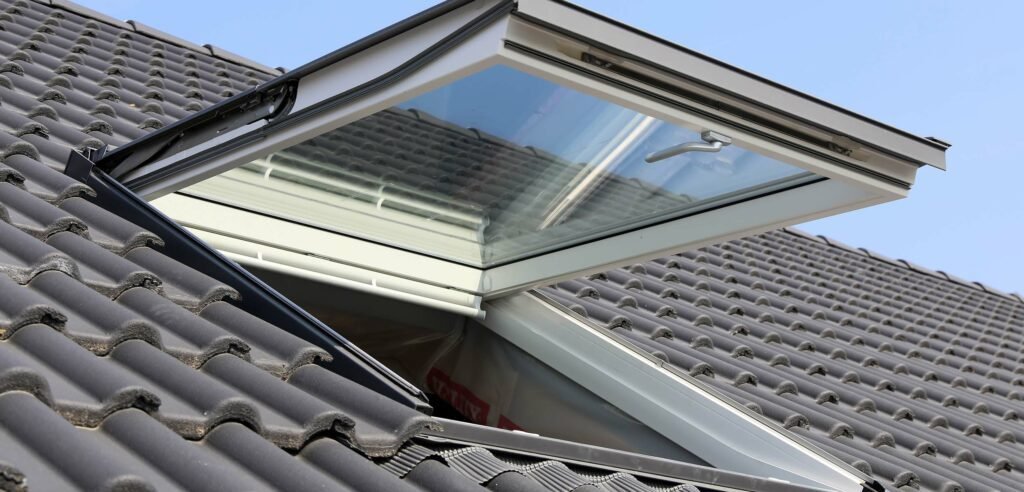Moving into a rented apartment is a significant decision, and it’s essential to approach it with careful consideration and preparation. While finding the perfect apartment may seem like the primary focus, taking steps to protect yourself and your interests beforehand is equally important.
Before you sign any contracts or pack up your belongings, you should take the time to assess the situation. By being diligent in your approach, you can maximize peace of mind as you embark on this new chapter in your life.
In 2022, renters in the United States occupied approximately 44 million housing units, according to Statista. The growing demand for rental properties can be attributed to the country’s lack of affordable housing. Numerous challenges, such as saving for a down payment and qualifying for a mortgage, act as strong barriers for renters to become proud homeowners.
Amidst this backdrop, renting remains a practical option for many individuals looking for a place to live. However, the process of moving into a rented apartment comes with its own set of considerations. In this article, we’ll walk you through four essential precautions you should consider before moving into your rented apartment.
Inspect the Property
When you inspect the property, check for any existing damage or issues. Communicate any concerns or findings with your landlord so they can be addressed before moving in. Inspecting the property thoroughly before moving in can help you avoid disputes over damages later on.
It’s essential to inspect various aspects of a property to ensure its long-term well-being. For example, a critical consideration is the age of the building. Older buildings, especially ones built before the 1980s, could have asbestos in them. It’s a naturally occurring mineral that was commonly used in construction materials due to its heat-resistant and insulating qualities.
Recent research has brought attention to the health risks associated with asbestos exposure. As noted by TorHoerman Law, renters face a heightened vulnerability to asbestos exposure, especially during renovations or repairs in older rental properties. Disturbing asbestos-containing materials during these processes, such as removing walls, ceilings, flooring, or insulation, can release asbestos fibers into the air. This, in turn, can put the lives of occupants, contractors, and workers in danger.
Exposure to this material can increase the possibility of respiratory diseases like mesothelioma and lung cancer for affected individuals. An important question that arises is, “Can I sue for asbestos exposure?” The answer is affirmative. With the assistance of a lawyer, you have the ability to hold your landlord responsible for this exposure. Pursuing legal recourse enables you to seek compensation and also raises awareness to prevent others from facing similar consequences.
Review the Lease Agreement
Before moving in, review the lease agreement carefully. Check for any additional fees or clauses that may affect your stay. Make sure you are comfortable with all aspects of the lease before signing it. Reviewing the lease agreement beforehand helps prevent misunderstandings and disputes later on. It ensures that both you and your landlord are on the same page regarding expectations and obligations.
As the number of renters grows in the U.S., homeowners are listing numerous offers to attract prospective tenants. Landlords are offering special incentives such as free amenities, a free month’s rent, lower security deposits, and waived pet fees to entice renters.
These findings are obtained from a November 2023 report by Zillow. In October 2023, approximately 33% of rentals listed on the Zillow platform provided some form of concessions. When considering enticing offers from landlords, it’s essential to review the lease agreement thoroughly. While special incentives may seem appealing, it’s crucial to ensure that all terms and conditions are clearly stated in the lease.
Assess Security Measures
Before finalizing your decision, assess the security measures in place at the apartment complex. Look for signs of adequate security measures, such as neighborhood watch programs or visible police presence. Your safety and peace of mind are paramount, so take the time to thoroughly assess security measures before moving in.
Taking these precautions can help you feel more secure in your new living environment. By ensuring that the apartment complex and its surroundings are safe, you can focus on settling into your new home.
Understand Utility Arrangements
Before you move into your rented apartment, it’s crucial to understand the utility arrangements.
Contact the utility companies to set up services in your name if necessary. Understand the billing process and inquire about any additional fees or charges. Knowing the details of your utility arrangements can help you budget effectively and avoid surprises when it comes to monthly expenses. Taking the time to understand utility arrangements before moving in can help you avoid confusion and ensure a smooth transition.
It’s important to seek out a rental property with affordable and efficient utility arrangements. Recent trends suggest that Americans struggle with paying home rent and utility bills due to rising rents during the COVID-19 pandemic. These findings are from a recent study by the Joint Center for Housing Studies of Harvard University.
The study revealed that 50% of U.S. renters are using over 30% of their income on rent and utilities. Among them, roughly half are significantly financially strained, paying over 50% of their income.
Frequently Asked Questions (FAQs):
How to Easily Move into an Apartment?
To easily move into an apartment, start by decluttering your belongings and packing efficiently. Label boxes clearly for easy unpacking. Coordinate with movers or friends to assist with heavy lifting. Prioritize setting up essential utilities and familiarize yourself with the neighborhood amenities.
What Are the Best Times to Move into an Apartment?
You should consider moving into an apartment during weekdays to avoid weekend rush and traffic. Weekdays often offer more flexibility with scheduling movers and accessing services. Additionally, aim for early morning or late afternoon slots for better weather conditions and less congestion.
What Amount of Money is Sufficient to Move into an Apartment?
You’ll need enough money to cover upfront costs such as security deposit, first month’s rent, and moving expenses. Additionally, budget for utility setup fees and any furniture or household items you may need. It’s wise to have several thousand dollars saved up for a smooth transition.
In conclusion, taking these important precautions before moving into a rented apartment can significantly contribute to a smooth and positive renting experience. Prioritizing these precautions ensures that you are well-prepared for your move and sets the stage for a comfortable living situation in your new rental.













